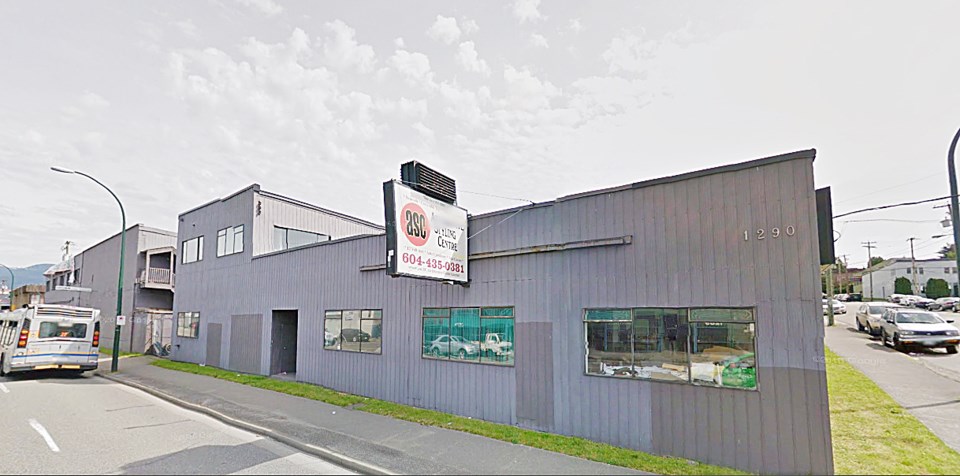The buyer, a landed immigrant, couldn’t speak English but he made it clear to real estate agent Moojan Azizi what he wanted: Vancouver commercial real estate. In August, the buyer snapped up an aging industrial property on Clark Drive in Vancouver for $13 million, roughly equivalent to $33 million per acre for the 0.39-acre site.
The old wood-frame building currently houses a small automotive upholstery company.
“Buying based on income [from the property] does not make sense anymore,” said Azizi, broker-manager with Re/Max Commercial Advantage in Vancouver. “It is all about future land development.”
While the Clark Drive sale was in the works before B.C.’s 15 per cent foreign-buyer tax on Metro Vancouver residential kicked in August 2, Azizi said his office is preparing for a huge increase in offshore investors switching from residential to commercial.
“It is already happening,” he said. “It just makes sense.”
In the first half of this year, commercial real estate sales in the Lower Mainland soared 94 per cent from a year earlier to $7.1 billion, according to a recent Re/Max study. The largest portion was land sales, which nearly doubled in sales volume, to $3.5 billion. Re/Max noted “increasing demand from foreign investors” from both Asia and the United States.
“A large portion of [Metro Vancouver] is now comprised of development sites that are ripe for a historic makeover,” noted Nolan Rivers, a tax consultant with Altus Group appraisers.
Kirk Kuester, executive managing director, B.C., for Colliers International doubts the lack of a foreign-buyer tax could fuel the Metro Vancouver’s white-hot market.
“Demand for commercial real estate just can’t get any stronger,” Kuester said. He noted, however, that some large pension funds have started selling Metro Vancouver assets to take advantage of the premium pricing.



